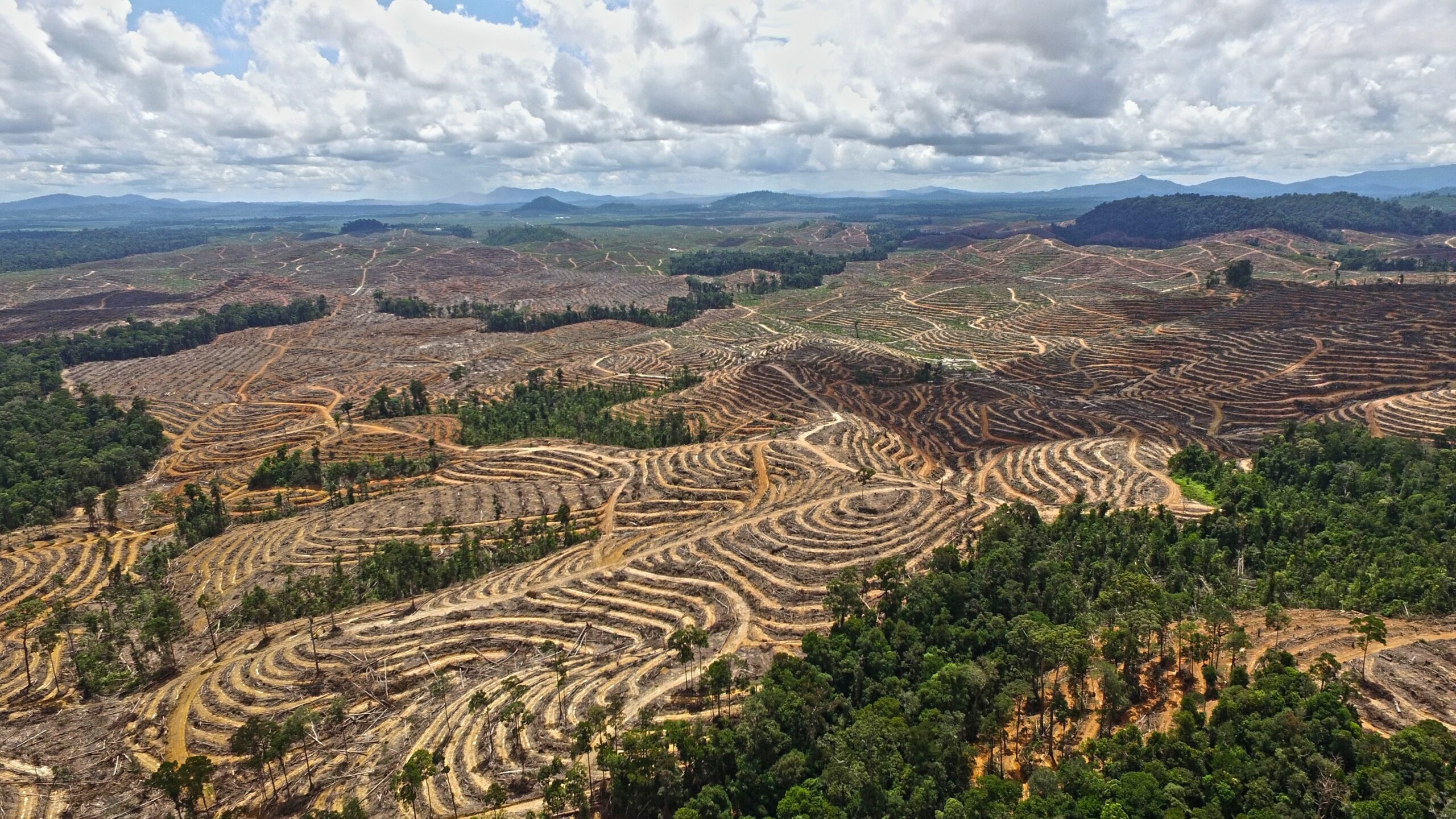The European Union (EU), along with Malaysia and Indonesia, has agreed to form a task force aimed at coordinating the adaptation of their products to comply with the new European regulation against deforestation.
The regulation, which has faced criticism from palm oil producers, prompted the creation of this joint effort.
In a joint communiqué, the European Commission and representatives from both Asian countries expressed their commitment to working together, marking a positive step forward following objections from Kuala Lumpur and Jakarta.
The Malaysian and Indonesian authorities argued that small-scale producers, particularly in the palm oil industry, lack the resources to meet the stringent requirements of the new regulation, which aims to prevent deforestation-linked products from entering the EU market.

The task force, set to convene for the first time in August, will facilitate dialogue and oversee the supply chains of various commodities such as palm oil, timber, rubber, coffee, and cocoa.
Government representatives, producers, and NGOs will be involved in these discussions.
The decision to establish the task force followed a visit by Malaysian Plantation Minister Haji Yusof and Indonesian Coordinating Minister for Economic Affairs Airlangga Hartato to Brussels in May, where they discussed the anti-deforestation regulation.
Additionally, Florika Fink-Hooijer, the European Commission’s Director General for the Environment, visited Indonesia and Malaysia between June 26 and 28 to continue the dialogue.
Indonesia and Malaysia are major exporters of palm oil, accounting for over 85% of global production.
While palm oil is used in various products, including cosmetics and food, its production has been associated with deforestation in both countries.
The European regulation, approved in December, requires palm oil, soy, coffee, cocoa, rubber, timber, and beef producers, among others, to demonstrate that their cultivation or breeding practices do not contribute to deforestation if they wish to export their products to the EU.

